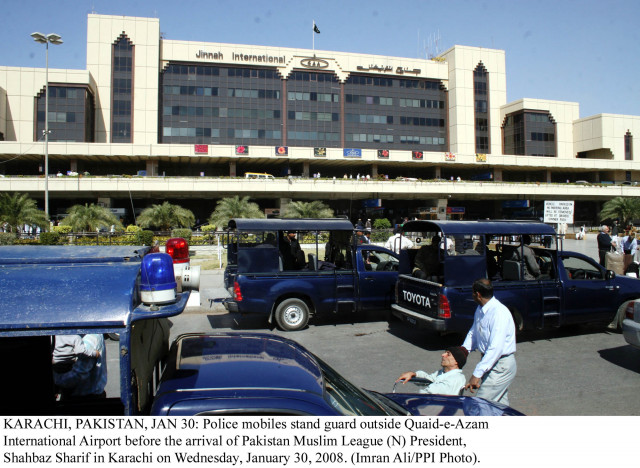Flying higher
In order to encourage investment & competition in the aviation sector, the new policy features zero tax on investments

With the government’s priority featuring security concerns at the very top, the policy needs to go hand-in-hand with ensuring consistency in implementation and assuring travellers of fool-proof security PHOTO: PPI

While the entire draft of the policy also elaborated on the importance of air safety and ground security, the fact remains that there is a reason why international airlines have shut down operations in Pakistan. For several years, Pakistan has been plagued with terrorism and this has remained a huge cause of concern for investors and foreigners. With the government’s priority featuring security concerns at the very top, the policy needs to go hand-in-hand with ensuring consistency in implementation and assuring travellers of fool-proof security. Bilateral arrangements then need to be made in a way that benefit Pakistan just as much. The government also decided to increase the role of the private sector in airport development, commercial activities, establishing hotels on the premises as well. However, any sort of importance attached to safety would not be enough. It will take several years to construct these facilities and many more to establish a reputation of being safe. Any untoward incident — of which the country has seen many — can cast a shadow over Pakistan’s future already suffering due to declining tourism and airlines shutting operations.
Published in The Express Tribune, March 27th, 2015.
Like Opinion & Editorial on Facebook, follow @ETOpEd on Twitter to receive all updates on all our daily pieces.













COMMENTS
Comments are moderated and generally will be posted if they are on-topic and not abusive.
For more information, please see our Comments FAQ